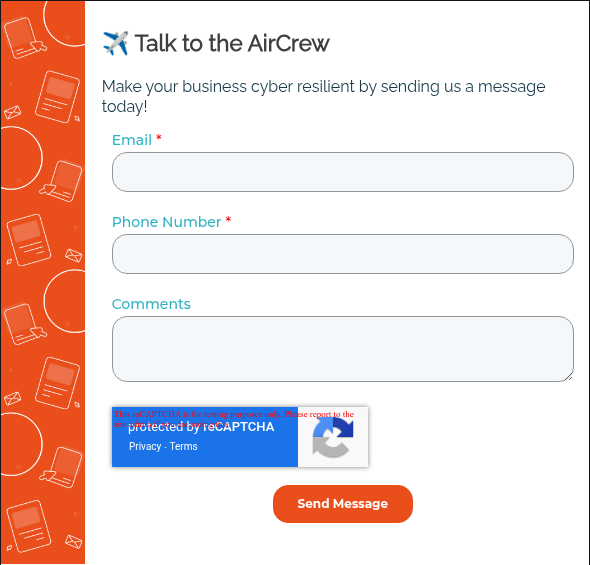E-Greetings or E-Threats?
It’s the holiday season! This means sweet treats, lights and ornaments, and holiday cards with well wishes. Unless you’ve been living under a rock, sending and receiving holiday greetings has evolved from traditional paper cards to e-cards. E-Cards have become increasingly popular due to their eco-friendly nature, cost-effectiveness, and the ability to reach a wide audience instantly. However, the convenience of sending digital cards comes with its own set of cybersecurity challenges that individuals and organizations need to be aware of.
Potential Risks of E-Cards:
Phishing Attacks:
Cybercriminals often exploit the festive season to launch phishing attacks disguised as digital holiday cards. Clicking on malicious links or downloading attachments from seemingly innocent e-cards can lead to malware infections or compromise sensitive information.
Malware and Viruses:
Digital cards may carry hidden malware or viruses that can infect your device. Opening an infected e-card could result in data loss, identity theft, or unauthorized access to personal and financial information.
Data Privacy Concerns:
Some e-card platforms may collect and misuse personal information for targeted advertising or other malicious purposes. Users should be cautious about sharing sensitive data when creating or receiving digital holiday greetings.
Guidelines for Safe E-Cards:
- Use Reputable Platforms: Choose well-known and reputable e-card platforms that prioritize cybersecurity. Research and read reviews to ensure the platform follows robust security measures to protect user data.
- Verify the Sender: Exercise caution when receiving e-cards from unknown or unexpected senders. Verify the legitimacy of the sender before opening the card, especially if the email appears suspicious.
- Avoid Clicking on Unknown Links: Refrain from clicking on links or downloading attachments from unfamiliar sources. Instead, visit the e-card platform directly by typing the URL in your browser to ensure a secure connection.
- Keep Software Updated: Regularly update your antivirus and anti-malware software to defend against the latest threats. Keeping your operating system and applications up to date enhances your device’s overall security.
- Review Privacy Settings: Be mindful of the privacy settings on the e-card platform. Adjust settings to limit the collection and sharing of personal information and read the platform’s privacy policy to understand how your data will be handled.
Conclusion
As the tradition of sending holiday greetings continues to evolve in the digital age, it’s crucial to be aware of the potential cybersecurity risks associated with e-cards. By following these guidelines, individuals and organizations can enjoy the convenience of digital holiday cards while safeguarding themselves against e-threats. This holiday season, let’s celebrate safely and securely in the world of e-greetings.
Have questions? Use the form below or contact us!



